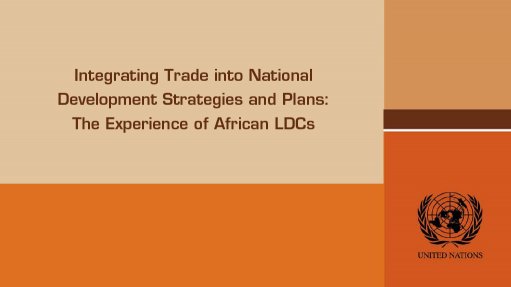
At the fourth United Nations Conference on the Least Developed Countries (LDCs) held in Istanbul, Turkey, from 9 to 13 May 2011, the Heads of State and Government acknowledged the progress that has been made by LDCs over the past decade. But they also expressed concerns about the high levels of poverty and hunger prevalent in LDCs and committed to assisting LDCs in confronting their current and emerging development challenges and enabling half of these countries to meet the criteria for graduation from LDC status over the next decade. There is the recognition that trade can play a positive role in reducing poverty and in addressing the complex and multifaceted challenges facing LDCs.
However, this potential of trade for poverty reduction and development has not been realised in many LDCs, despite having achieved impressive export and growth performance and also having implemented significant trade reforms, particularly since the 1990s. The failure of trade expansion to lead to poverty reduction can be ascribed to the fact that it has not created sufficient employment and has also gone hand in hand with an increase in inequality. More importantly, it is a consequence of the fact that trade has not been effectively mainstreamed into the national development strategies of LDCs. Although many LDCs are increasingly making efforts to mainstream
trade into national development plans, there is a gap between the rhetoric of trade mainstreaming and its actual practice and outcomes. In this context, there is the need for governments of LDCs, with the support of their development partners, to strengthen efforts to integrate trade into their national development strategies with a view to unlocking its potential for poverty reduction and development.
This Unctad paper discusses the experiences of three African LDCs (Ethiopia, Lesotho and Senegal) in mainstreaming trade into their development strategies, with a view to drawing lessons from these experiences for other LDCs. More specifically, it examines and analyses three policy documents that have been used as instruments or vehicles for mainstreaming trade into national development strategies in LDCs. These are: the Poverty Reduction Strategy Papers (PRSPs); the Diagnostic Trade Integration Studies (DTIS), and National Development Plans.